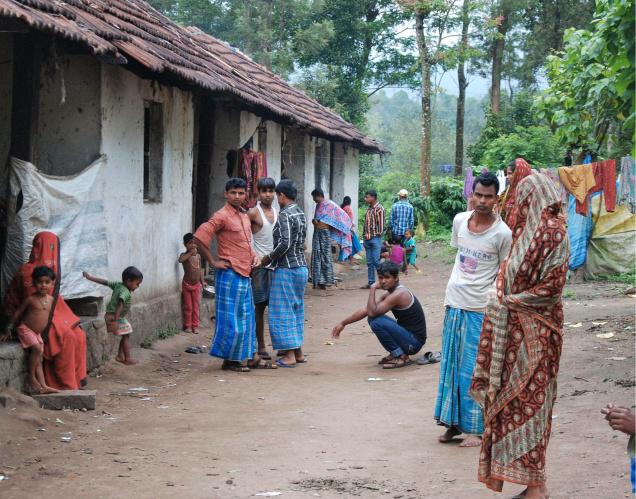
Assam may be famous for its tea gardens, but a good number of Assamese workers have found employment in the coffee estates of Chikkamagaluru and Kodagu.
More than 5,000 people from Darang and neighbouring districts of Assam have come to work in plantations of Belur and Sakleshpur taluks. Many more work in estates spread over Chikkamagaluru and Kodagu districts.
“We hardly find jobs in our hometown. If we get work for a week, we remain jobless for next few weeks,” said Habizur Rahman (25), who has been working in Hasurugudda Estate of IBC company near Arehalli in Belur taluk for the last four years. Both men and women are enrolled as contract workers in estates for a daily wage of Rs. 228. In Assam, women hardly get the opportunity to earn in fields, he said.
The wave of migration started five years ago, when a manager of an estate in Belur taluk came in contact with planters in Kodagu, where workers from Assam had begun to arrive. “Those days we were struggling to get local people to work. We were looking for people who could work. The first batch of 25 people came from Assam five years ago. As they got work for the entire year and wages were better than what they got in their homeland, they brought more people from their State,” said Fazlur Rahman, manager with IBC estate.
Election trips
The manager pointed out that many planters have employed Assamese as they are hard workers, though they are not well-versed in the skill of maintaining coffee. These workers have brought their family and all of them make a trip to their homeland during elections. “Voting is significant as there is a serious issue of illegal migrant voters from Bangladesh,” said Shwahidul Islam, who always keeps his voter’s identity card in his pocket.
However, the workers are unhappy with the poor facilities provided in the estates. Around two or three families are forced to settle in one house with plastic sheets to separate them. For over 80 families there is only one toilet, in one of the estates visited by The Hindu .
“We repeatedly demand for proper facilities, but our cry does not reach the people concerned. If anyone falls sick, we neither get paid holiday nor medical expenses reimbursed,” said Habizur Rahman.
The district administration has set up a tent school for children of migrant workers, but they find this of no use. “We need a proper school where our children can get education from teachers who know Hindi,” said Marina Khatun, one among the women workers in the estate.
source: http://www.thehindu.com / The Hindu / Home> National> Karnataka / by Sathish G.T. / Hassan – September 27th, 2015

